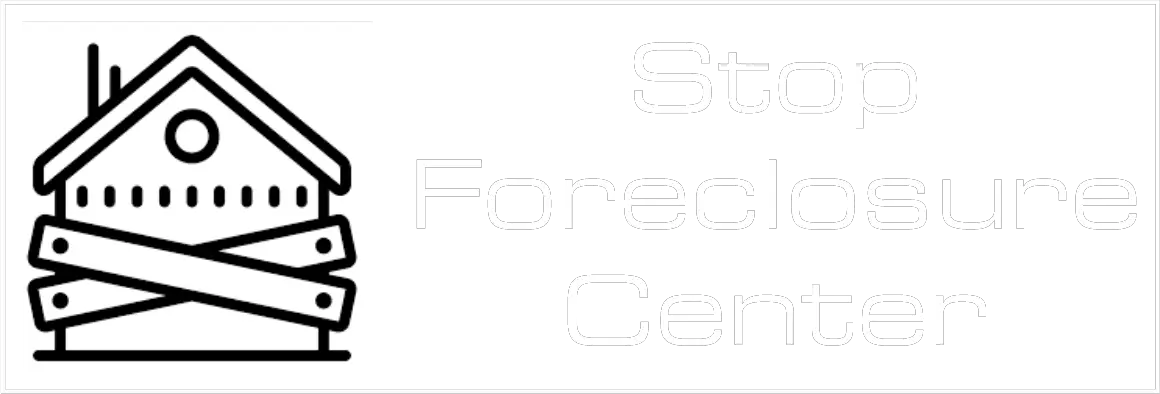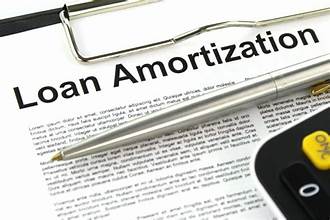The looming threat of foreclosure can be an incredibly distressing situation for homeowners. It’s a situation that often arises when they find themselves struggling to meet their monthly mortgage payments due to financial hardships.
However, there is a lifeline available to homeowners facing this predicament: mortgage modification. In this article, we will delve into the vital role that mortgage modification plays in preventing foreclosure.
Understanding Mortgage Modification
What Is Mortgage Modification?
Mortgage modification, also known as loan modification, is a process that allows homeowners to make changes to the terms of their existing mortgage loan. These modifications are typically made to lower monthly payments, reduce interest rates, or extend the loan term. The goal is to make the mortgage more affordable for homeowners who are facing financial challenges.
Who Can Benefit from Mortgage Modification?
Mortgage modification is primarily designed for homeowners who are struggling to meet their mortgage obligations due to circumstances such as job loss, illness, divorce, or other financial hardships. It offers them an opportunity to avoid foreclosure by negotiating more favorable loan terms.
Why People Seek Mortgage Modification
Financial Hardships
One of the primary reasons individuals seek mortgage modification is the onset of financial hardships. Life can be unpredictable, and unexpected challenges such as job loss, medical expenses, or a sudden reduction in income can make it difficult to meet mortgage payments. Mortgage modification offers a lifeline by adjusting loan terms to accommodate these financial difficulties.
Avoiding Foreclosure
The fear of losing one’s home through foreclosure is a powerful motivator. Homeowners facing the imminent threat of foreclosure turn to mortgage modification as a means to prevent this distressing outcome. By modifying their mortgage terms, they can regain control of their finances and secure their homes.
Reducing Monthly Financial Burden
Lowering Monthly Payments
Another key driver behind seeking mortgage modification is the desire to lower monthly payments. High mortgage payments can strain household budgets, leaving little room for other essential expenses. Mortgage modification can provide relief by reducing the monthly financial burden, making homeownership more sustainable.
Long-Term Affordability
Homeowners often seek mortgage modification to ensure the long-term affordability of their homes. By extending the loan term or reducing interest rates, they can create a more manageable financial future. This not only eases immediate financial pressures but also contributes to a stable and secure homeownership experience.
The Key Benefits of Mortgage Modification
Preventing Foreclosure
The most significant benefit of mortgage modification is its role in preventing foreclosure. When homeowners are unable to make their mortgage payments, they risk losing their homes through foreclosure. By modifying the terms of the loan to make it more manageable, homeowners can continue to make payments and keep their homes.
Lower Monthly Payments
One of the primary ways mortgage modification helps prevent foreclosure is by reducing monthly payments. This can be achieved through a variety of methods, such as lowering the interest rate, extending the loan term, or even forgiving a portion of the principal balance. Lower monthly payments make it easier for homeowners to stay current on their mortgages.
Interest Rate Reduction
Mortgage modification can also include the reduction of interest rates. Lower interest rates mean that homeowners pay less in interest over the life of the loan, which further reduces the overall cost of homeownership. This reduction in interest can significantly ease the financial burden on struggling homeowners.
Extending the Loan Term
In some cases, extending the loan term is a viable option for mortgage modification. While this may result in paying more interest over the life of the loan, it can provide immediate relief by lowering monthly payments. Homeowners who are facing temporary financial difficulties may find this option particularly helpful.
Mortgage Modification Eligibility
Meeting Qualification Criteria
Homeowners considering mortgage modifications must meet specific eligibility criteria set by lenders and government programs. These criteria often include demonstrating financial hardship, providing proof of income, and having a loan-to-value ratio within a certain range. Understanding these requirements is essential for those seeking mortgage modification.
Government Programs
Discuss government programs, such as the Home Affordable Modification Program (HAMP) or the Federal Housing Administration’s (FHA) modification options. Explain how these programs can help eligible homeowners access mortgage modifications with more favorable terms.
The Process of Mortgage Modification
Application and Documentation
To initiate the mortgage modification process, homeowners typically need to submit an application to their loan servicer. This application may require financial documentation, such as proof of income, expenses, and hardship circumstances. It’s essential to provide accurate and complete information during this stage.
Review and Negotiation
Once the application is submitted, the loan servicer will review the homeowner’s financial situation and assess their eligibility for modification. The negotiation process may involve discussing various modification options to find the best solution for both parties.
Approval and Implementation
If the loan servicer approves the modification, the new loan terms will be implemented. This may include a lower interest rate, extended loan term, or reduced monthly payments. Homeowners should carefully review the terms of the modification to ensure they understand the changes.
The Importance of Seeking Professional Guidance
Navigating the mortgage modification process can be complex, and it’s essential for homeowners to seek professional guidance. Housing counselors and attorneys specializing in foreclosure prevention can provide valuable assistance in understanding the options available and negotiating with loan servicers.
Conclusion
Mortgage modification plays a vital role in preventing foreclosure and helping homeowners regain their financial footing. Offering lower monthly payments, interest rate reductions, and extended loan terms provides a lifeline for those facing financial hardships. However, homeowners should act promptly, seek professional assistance, and engage in open communication with their loan servicers to explore the possibilities of mortgage modification.

